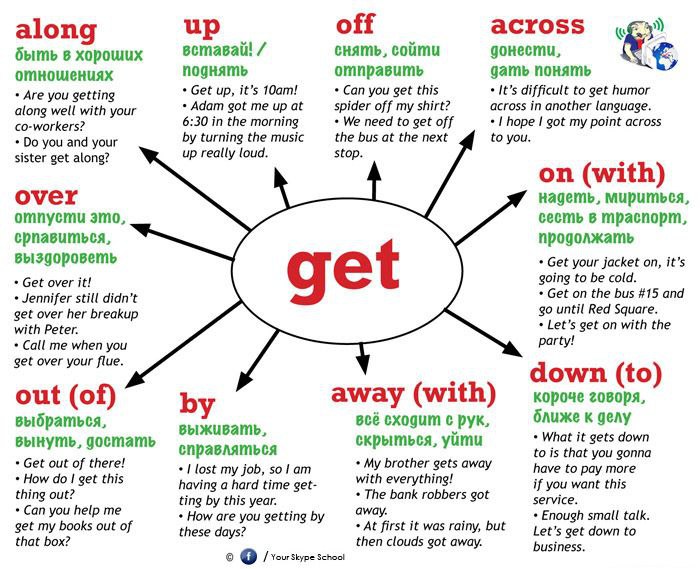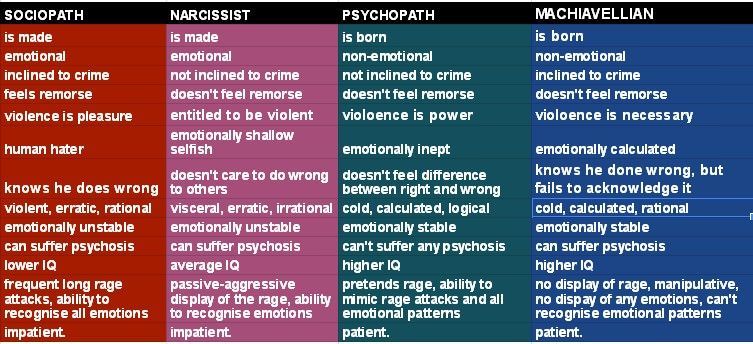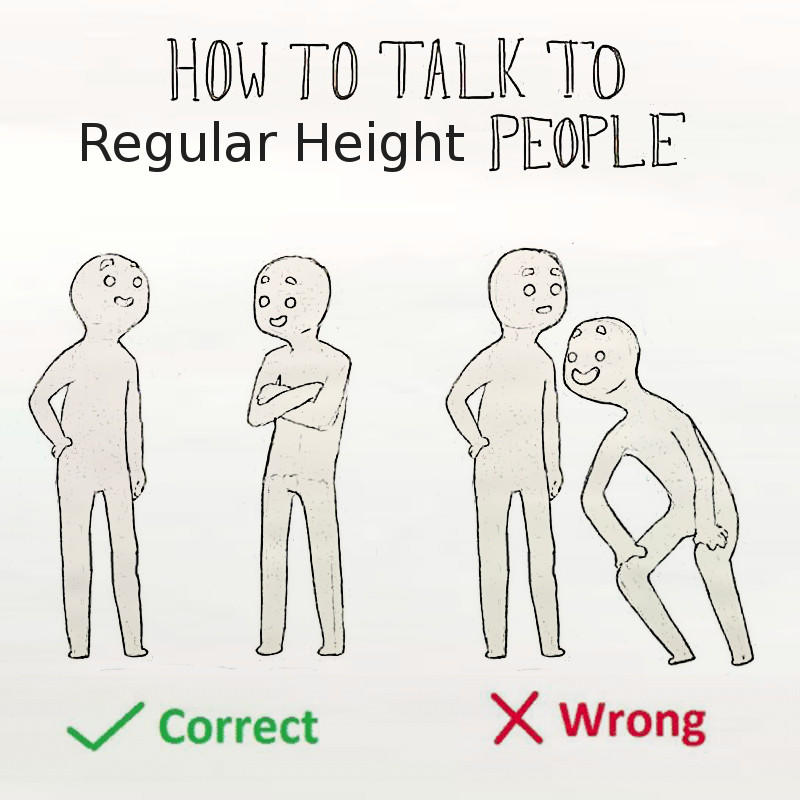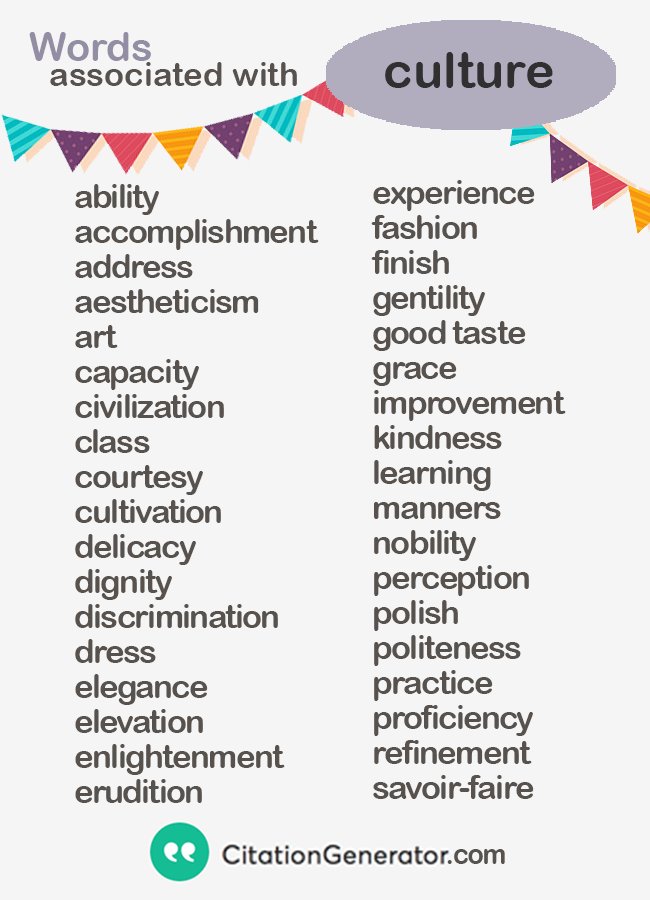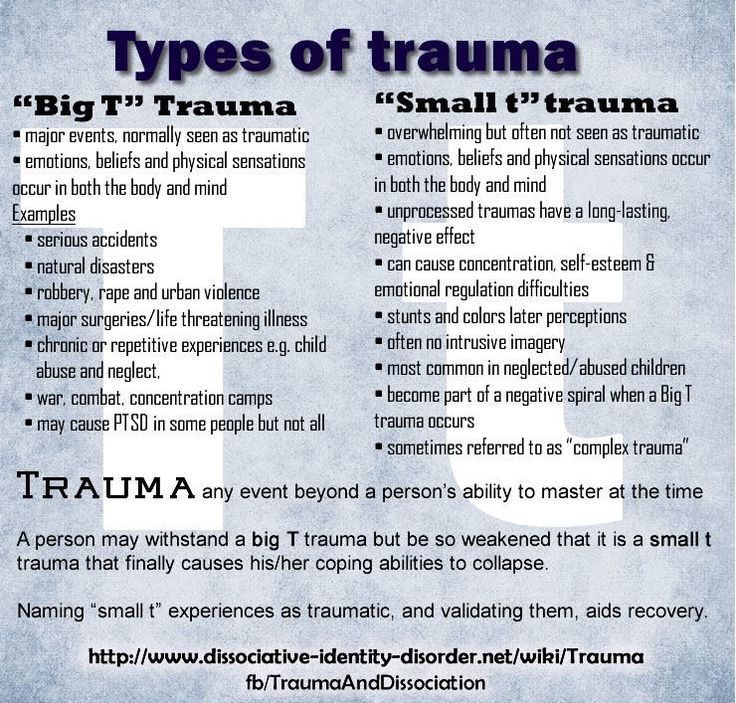Negative effects of video games on mental health
How Gaming Affects Your Mental Health
Video games have been around for more than 30 years. But only in the past 15 years have people started to pay attention to the correlation between video games and mental health.
Excessive gaming is connected to mental health problems such as:
- Depression
- Social anxiety
- Lack of motivation
- Poor emotional regulation
- Interpersonal conflict
- Suicidal thoughts
On the other hand, some studies show that video games can improve your mental health if you play in moderation – the keyword here is gaming in moderation.
This article analyzes the effects of video games on your mental health and offers suggestions on where you can get help if gaming is impacting your health.
Effects of Video Games on Your Mental Health
When we talk about video games and mental health, you must know that we primarily consider the mental health effects of excessive gaming.
In moderation, playing video games may not have strong negative effects on mental health.
A study by Oxford University shows that gaming in moderation and a controlled environment may improve one’s mental well-being.
Some people might find the results of this study surprising, especially considering that many prior studies have linked gaming with negative effects on mental health.
However, one key thing to note here is an isolated study where gamers played the prosocial game Animal Crossing for four hours a day. The truth is that the gaming habits of most addicted gamers are much different. They play other, more addictive games that are also more toxic, and many gamers play for more than four hours a day.
The more you play, the more you may neglect other aspects of your life. And this also means that the more your mental well-being is going to suffer. Furthermore, the negative effects of excessive video gaming on mental health are supported by hundreds of anecdotal stories from our members who have suffered from gaming addiction.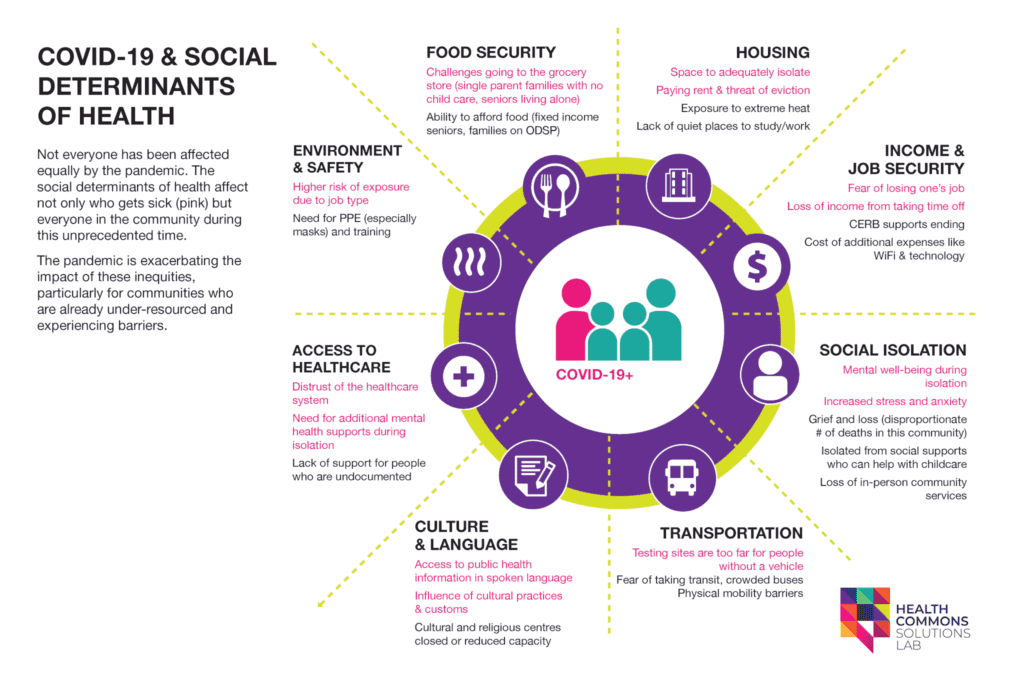
With that in mind, let’s take a look at the most common effects of gaming on mental health.
Video Games and Depression
Depression is one of the most common comorbidities that gamers have, according to Gonzalez-Bueso et al. from 2018.
This study found up to 89% of problem gamers are also diagnosed with depression in addition to video game addiction.
One of the main questions we have regarding video games and depression is: does gaming cause depression, or are video games the coping mechanism for depression, exacerbating the original mental health problem?
Many gamers we work with develop depression because of their gaming habits. As they start playing video games more and more, they begin to neglect other aspects of their lives. For example, they don’t have as many social relationships and ignore healthy habits such as exercise and diet.
All of that can make you depressed or worsen existing depression.
We also have many cases where gamers use video games to alleviate their symptoms of depression.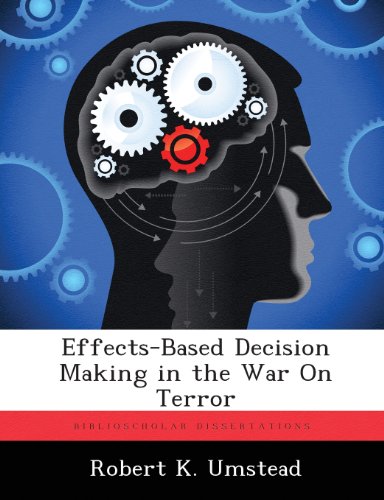 They turn to gaming as an escape and way to cope with their depression, but in the end, the gaming starts to worsen their depression, not fix it.
They turn to gaming as an escape and way to cope with their depression, but in the end, the gaming starts to worsen their depression, not fix it.
Most studies that we have so far show us that excessive gaming can lead to depression and a clear link between the two.
If you want to learn more about video games and depression, read our article about this topic.
Gaming and Social Anxiety
Does gaming cause social anxiety?
Social anxiety is another common comorbidity to video game addiction, so video games might be responsible for your social anxiety.
If you think about it, it makes sense – the more you play video games, the more you lose contact with your real-life friends, which can, in turn, lead to experiencing more social anxiety.
But the same can be said about social anxiety as can be told about depression. Many people turn to video games because they are socially anxious and struggle with physical world friendships. Games offer them an escape from real life; plus, they can socialize with people online with little to no risk. And when they do that, they start neglecting real-life relationships, worsening their existing social anxiety.
And when they do that, they start neglecting real-life relationships, worsening their existing social anxiety.
And that’s not a good place to be.
If you rely on video games and online platforms for socializing, you lose out on the many benefits of having friends in real life. You don’t get to have adventures that you might have in your life, you don’t meet new people, and even if you do, the relationships online may not be as genuine as they are in real life.
Does Gaming Cause Anxiety?
Anxiety is a feeling of unease and fear that many people get because of their inability to predict what will happen in the future.
Everyone gets anxious from time to time. For many people, this happens because of school exams, job interviews, or simply before attending an important event. As such, gaming does not cause anxiety.
It can, however, worsen it in some cases.
This can happen if you turn to video games as a form of escapism. Video games can allow you to escape from the real world to forget about the problems you have in real life.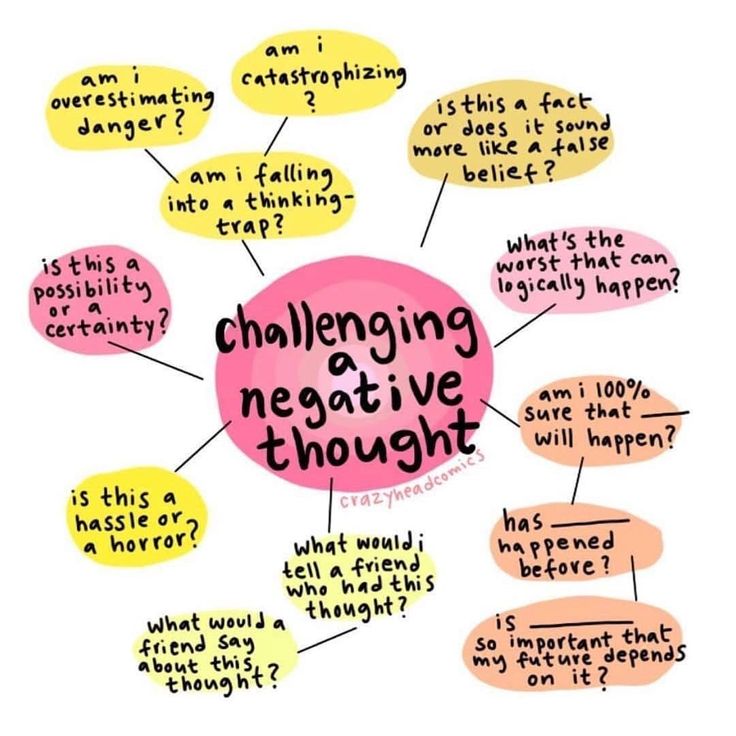
This can be a great thing if you come home from a long day at work or in school. Video games can allow you to jump into another world where you forget about everything that’s bothering you.
But if this happens too often and if you start neglecting those problems in real life because video games offer you an easier, more comfortable escape, then it can become a problem. Your anxiety will eventually become even worse knowing that you haven’t managed to address those nagging issues you might have in your life.
Eventually, life is going to catch up with you. And when that happens, your problems are going to start accumulating to the point where you can’t manage them successfully any longer, which will result in even more anxiety.
So gaming itself may not cause anxiety, but if you turn to play video games to escape your problems, it can significantly worsen your existing anxiety.
Read more about this in our article that talks about gaming and anxiety.
Lack of Motivation
Playing video games in excess is also responsible for lack of motivation.
We hear from many parents concerned about their child and their lack of motivation to do other things than play video games all day and wonder if gaming is making people lazy.
This happens because video games address many of the needs that you would satisfy with other activities such as hobbies. For example, video games allow you to progress and level up your skills, which is one of the core needs of human existence.
Furthermore, video games also allow you to stay social, get creative, and get immersed as they act as this massive time sink.
The result?
When you play video games too much, you don’t have the motivation to do other things because video games address all of the needs that other activities usually do.
A good solution for this is to try as many hobbies as possible to replace your gaming habit. You could also try a 90-day detox, which might help you refocus your priorities and do healthy activities that will address the same needs as gaming does for you.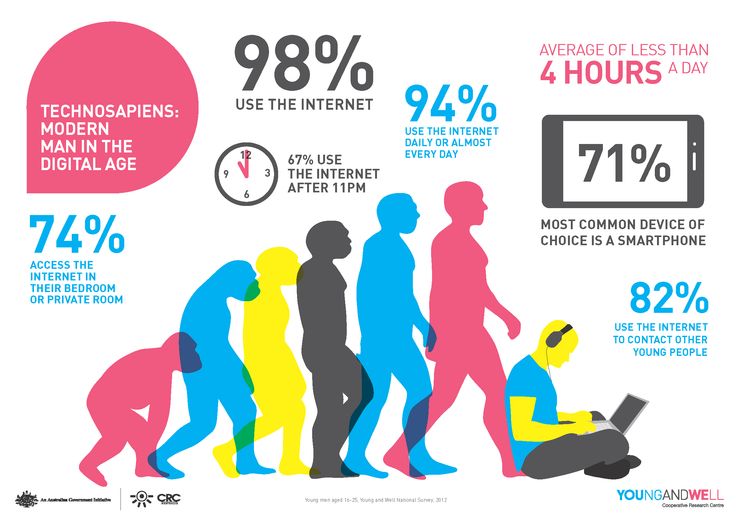
Gaming Causes Poor Emotional Regulation
One of the biggest negative effects of video games can lead you to struggle with regulating your emotions properly.
Studies show that people diagnosed with Internet gaming disorder are more likely to be aggressive, depressed, and anxious. The main mechanism that leads to those comorbidities is their inability to regulate and control their emotions, such as anger, sadness, fear, or other emotions.
That’s because video games are often seen as a way of escaping your emotions. As a result, many gamers, especially young gamers and teenagers, play video games because they may have underlying negative emotions.
However, video games don’t solve their problem and temporarily numb those negative emotions. On the contrary, playing video games excessively will make those emotions even more intense, especially if you play video games every day for several hours.
When you have good control over your emotions, you can control your actions better by controlling your emotional state. Excessive game time can cause you to develop skill deficits, such as regulating your emotions.
Excessive game time can cause you to develop skill deficits, such as regulating your emotions.
Interpersonal Conflict
Video games and gaming addiction are often responsible for interpersonal conflict.
This comprehensive study on the effects of video games and interpersonal relationships shows that video games can harm relationships that gamers have with other people – including family members such as siblings, parents, and other people.
The study also confirms that playing violent video games can have a more pronounced negative effect on gamers’ interpersonal relationships with other people. On the other hand, non-violent games can improve the quality of interpersonal relationships compared to violent games.
In addition, many online games that gamers play nowadays, such as League of Legends , Rocket League, Fortnite, Roblox, Genshin Impact, or Grand Theft Auto, have toxic online communities. The toxicity of these communities can translate to worse relationships with other people.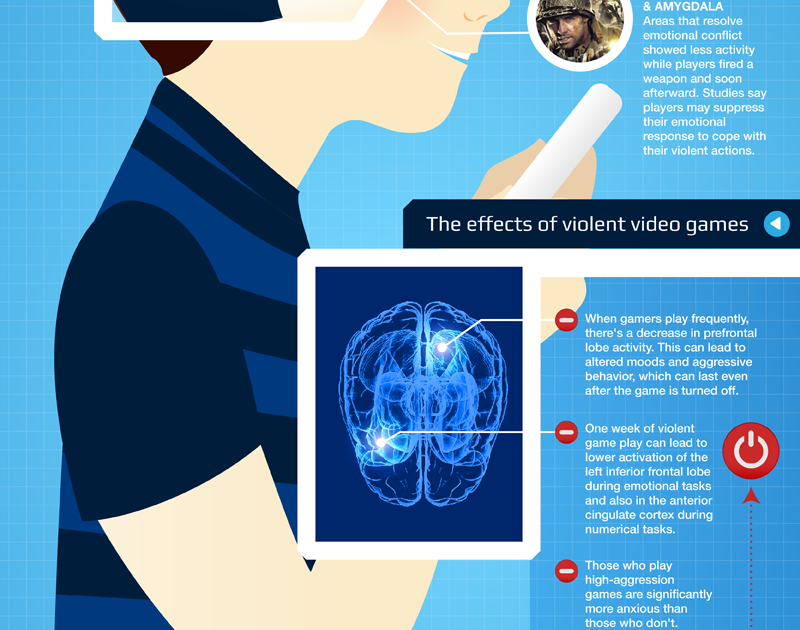 All the anger and frustration gather inside like a hurricane that is released on other people.
All the anger and frustration gather inside like a hurricane that is released on other people.
So although games can provide social opportunities, sometimes those social opportunities can lead to worse relationships with other people, which can negatively affect other aspects of your mental health, too.
Gaming and Suicidal Thoughts
When video gaming addiction gets out of hand, some individuals may begin having suicidal thoughts.
Many addicted gamers have shared their experience with suicidal thoughts, including Cam Adair, the founder of Game Quitters, who started experiencing these thoughts due to excessive gaming.
These thoughts are common with other people who share their stories on Game Quitters, such as, for example, Jose, who was playing video games from the age of just 8.
The problem with video games and addiction to games is that they can quickly spiral out of control. You start to lose focus and track of other activities in your life and before you know it, playing video games becomes the only thing and your only priority in life.
If you or another family member or friend experiences suicidal thoughts, contact the Suicide prevention line immediately at 1-800-273-8255.
If you experience suicidal thoughts, then your gaming addiction has already spread through other areas of your life so much that it’s heavily impacting the quality of your life. At this point, treatment is the most viable option.
Does Gaming Have Positive Effects on Mental Health?
Recent studies suggest that playing non-violent video games (in this case, Animal Crossing) can positively affect your mental health.
You may become happier, and you have better relationships with other people as a result.
However, one of the main problems with video games is that many games are violent. Many of them also have toxic communities online, so they can’t have as many positive effects.
In addition, many gamers play games excessively, so they start to experience mostly the negative effects, and they don’t get to see the positive impact that video games can cause.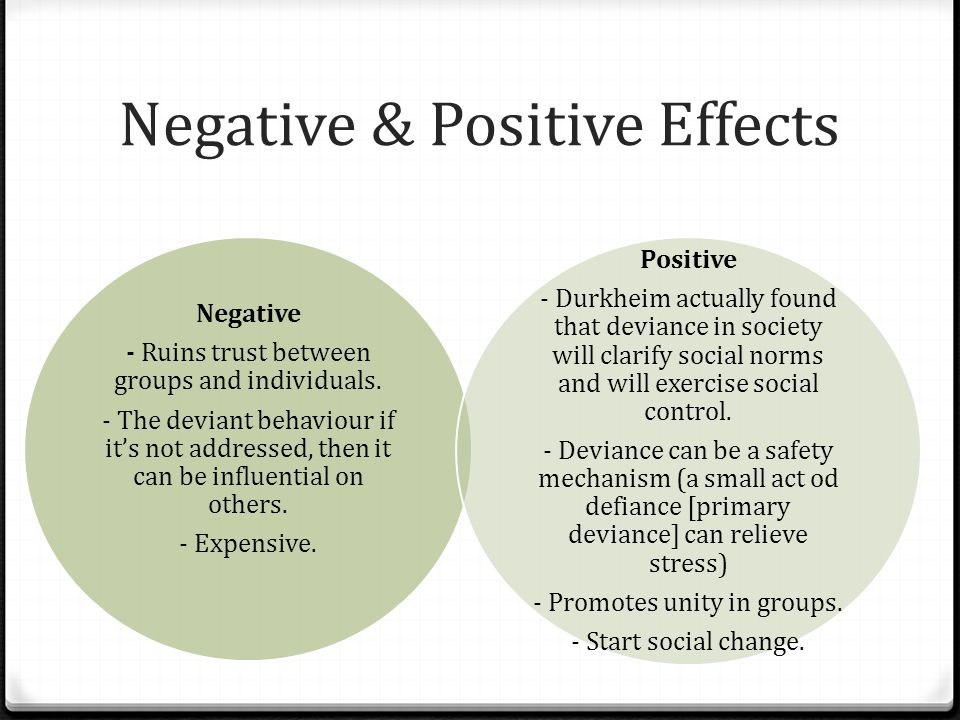
If you want to experience positive effects from video games, try playing in moderation. You can also try a 90-day detox to change your relationship with video games for good.
Need Help?
If you experience any of the above-mentioned negative effects of video games on mental health, then we encourage you to speak with a therapist near you. This will be the most effective strategy for your problems since you need someone to support you and give you professional tips for coping with your mental health challenges.
In addition, we have designed an in-depth course for gamers called Respawn, where you will learn how to alleviate the negative effects of gaming on mental health and solve your problems with practical strategies.
We also have other resources that you can try, such as:
- Reclaim program for families of addicted gamers
- Coaching programs
- Community forum
- Hundreds of articles and other resources
- INTENTA’s training for mental health professionals
The health effects of too much gaming
By: Peter Grinspoon, MD, Contributor
More than two-thirds of Americans play video games, also known as gaming.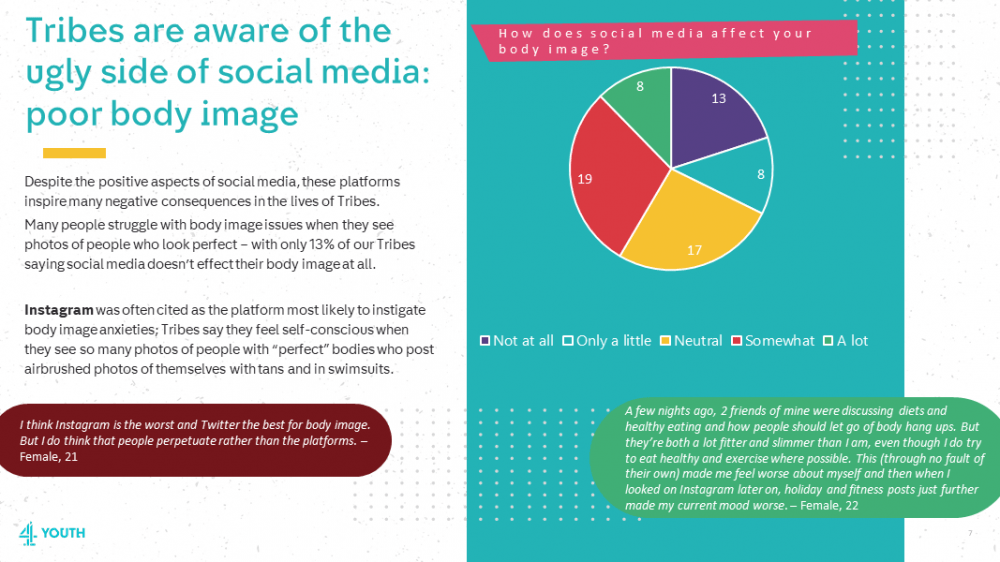 While gaming can be a fun distraction or hobby (and is even becoming a competitive sport on many college campuses), there are health risks that come from too much gaming. What are these harms, and what can be done about them?
While gaming can be a fun distraction or hobby (and is even becoming a competitive sport on many college campuses), there are health risks that come from too much gaming. What are these harms, and what can be done about them?
Is there anything good about gaming?
Before discussing the harms of gaming, it is only fair to mention the benefits. Aside from being entertaining and a fun pastime, gaming can provide a way for people to interact with each other — a virtual community — as they work together toward completing common tasks. Our society suffers from an epidemic of loneliness, and gaming can be a vehicle to connect with others, including otherwise difficult-to-connect-with people in your life, such as kids, grandkids, or (I’ve seen this be quite helpful) with autistic children, who can have challenges with traditional modes of communication.
There is mixed research that there are some cognitive benefits to gaming, such as better control of one’s attention and improved spatial reasoning, though it isn’t entirely clear how much these benefits extend outside of the video game sphere into the real world.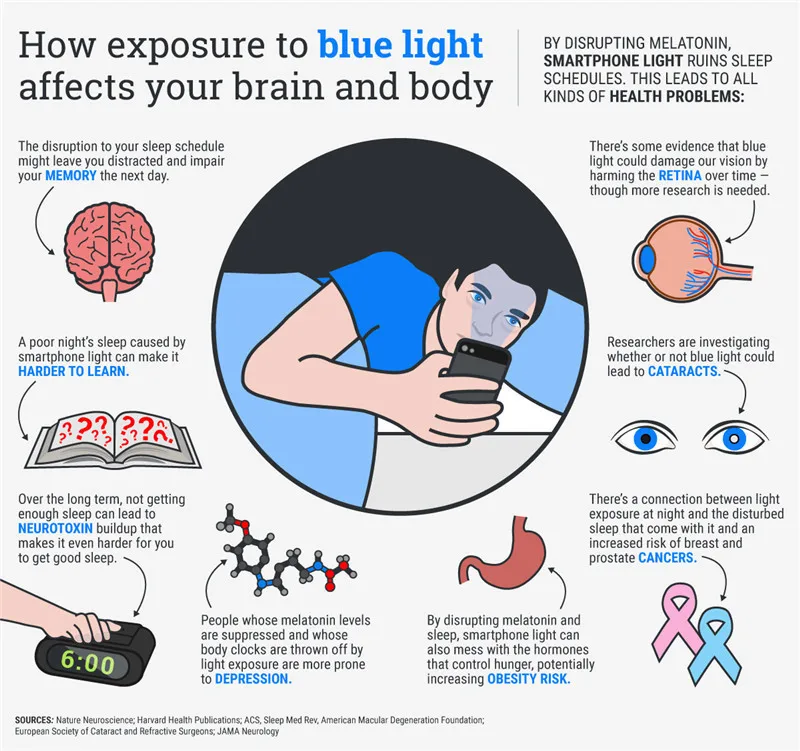 Finally, video games have medical applications, such as training people with degenerative diseases to improve their balance, helping adolescents with ADHD improve their thinking skills, or training surgeons on how to do technically complicated operations.
Finally, video games have medical applications, such as training people with degenerative diseases to improve their balance, helping adolescents with ADHD improve their thinking skills, or training surgeons on how to do technically complicated operations.
Gaming injuries
Repetitive stress injuries, or overuse injuries, are injuries that come from activities that involve repeated use of muscles and tendons, to the point that pain and inflammation develop. If these injuries are allowed to progress, numbness and weakness can develop, and permanent injury can result. Overuse injuries of the hands and arms are rampant among gamers.
One common example is carpel tunnel syndrome, which many gamers develop. Carpal tunnel syndrome, often seen in office workers, involves inflammation of a nerve in the wrist, which causes pain and numbness.
"Gamer’s thumb," which was previously called "PlayStation thumb" (or "nintendinitis" or "nintendonitis" when Nintendo was popular), occurs when the tendons that move the thumb become inflamed.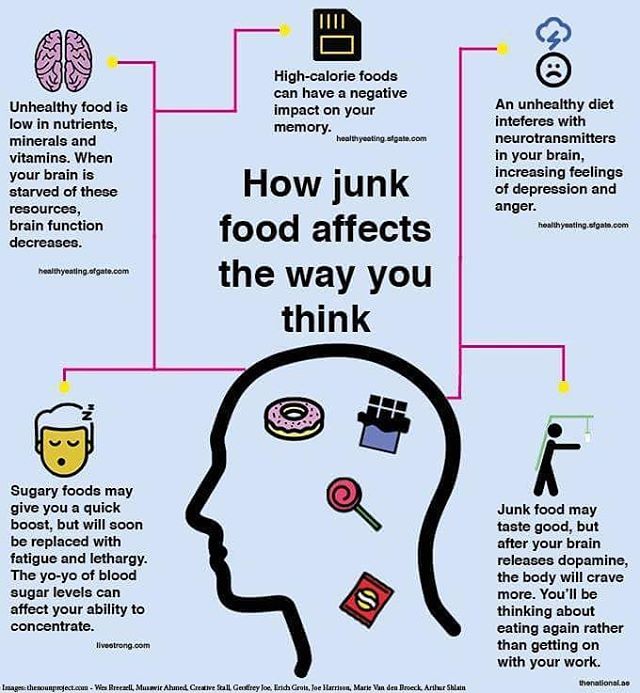 The medical term for this is de Quervain’s tenosynovitis, and it can lead to swelling and limited movement. Gamers are also at risk for trigger finger, or stenosing tenosynovitis, which is when a finger gets stuck in the bent position due to chronic inflammation. Gamers can also get tennis elbow, a painful inflammation of the place where the tendon inserts into the bone on the outside of the elbow.
The medical term for this is de Quervain’s tenosynovitis, and it can lead to swelling and limited movement. Gamers are also at risk for trigger finger, or stenosing tenosynovitis, which is when a finger gets stuck in the bent position due to chronic inflammation. Gamers can also get tennis elbow, a painful inflammation of the place where the tendon inserts into the bone on the outside of the elbow.
Gaming is also associated with obesity in teens and, plausibly, the same would be shown in adults, if studied. This is due to the obvious phenomenon that if a teen is sitting in front of a screen for hours every day, he or she isn’t getting much exercise. The obesity is also thought to be due to increased food intake while playing video games. According to a study in the Journal of Clinical Nutrition, "a single session of video game play in healthy male adolescents is associated with an increased food intake, regardless of appetite sensations." The proposed mechanisms are that either the signals that indicate satiety (fullness) get impaired, or that the mental stress involved with playing video games activates the reward centers, which leads to increased food intake.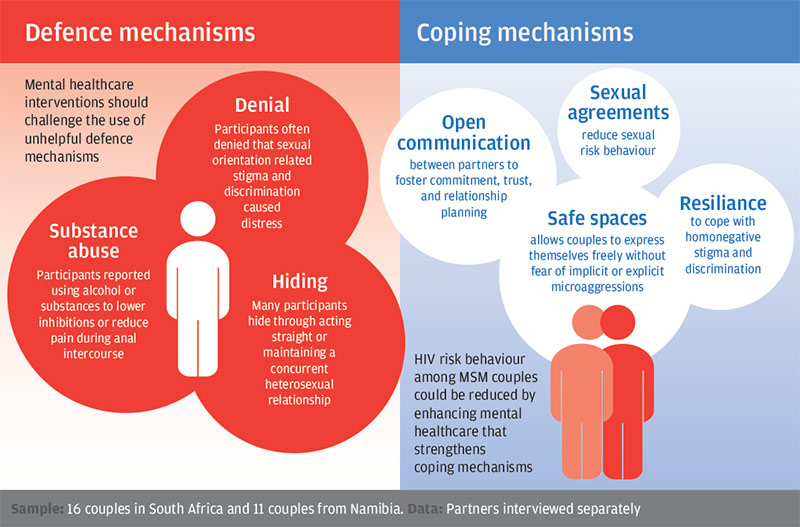
Vision problems are common complaints of gamers. The most common vision problem is eye strain, which can lead to headaches and poor concentration. Gaming has been reported to result in seizures, leading to warnings on the packaging.
Gaming addiction
Gaming has also been associated with psychological problems. It is still an open question whether video game addiction, or internet gaming disorder (IGD), is a unique syndrome. According to the American Psychological Association, IGD is defined as experiencing at least five of the following nine criteria over a 12-month period:
- gaming preoccupation
- withdrawal
- tolerance
- loss of interest in other activities
- downplaying use
- loss of relationship, educational, or career opportunities
- gaming to escape or relieve anxiety, guilt, or other negative mood states
- failure to control
- continued gaming despite psychosocial problems.
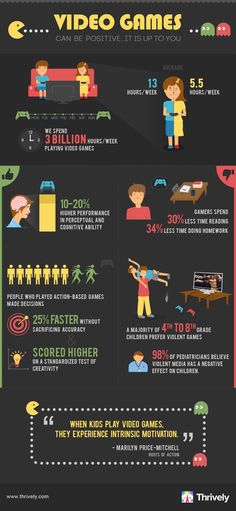
According to one study from the American Journal of Psychiatry, between 0.3% and 1.0% of Americans might have an internet gaming disorder. Treatments for this problem are a work in progress, as the disorder isn’t fully understood or agreed upon, but can include public health approaches such as education and harm reduction, stricter labeling on the packaging, as well as cognitive behavioral therapy. There are even support groups, such as Computer Gaming Addicts Anonymous, which leverage the power of group support — also helpful in the treatment of other addictions — to the realm of gaming addiction.
Gaming has also been associated with sleep deprivation, insomnia and circadian rhythm disorders, depression, aggression, and anxiety, though more studies are needed to establish the validity and the strength of these connections. There has also been concern that exposure to the extreme violence that is commonly found in video games can desensitize teens and young adults to such violence, causing emotional problems and even leading to young people committing acts of violence.
Gaming in moderation
As with many other activities that have potential benefits and harms, moderation is the key. Most of the harms that come from gaming can be improved, if not avoided altogether, by limiting the number of hours spent in front of the screen, and by engaging in healthy activities like exercising, or socializing in the real world instead of the virtual game world.
Education is an essential key to injury prevention. Gamers need to be educated on how to protect their thumbs, wrists, and elbows, their waistlines, their emotional state, their sleep, and their eyes. Simple education around taking breaks, stretching, eating healthy snacks, and resting and icing your thumb, wrist, or elbow when it starts hurting can address injuries early, before they become significant. For the eyes, gamers can try the 20-20-20 rule: every 20 minutes, try to look at something 20 feet away for 20 seconds.
In short, playing video games can be fun and a social activity when integrated into a healthy lifestyle that includes plenty of sleep, exercise, and good nutrition, rather than letting the game become your life.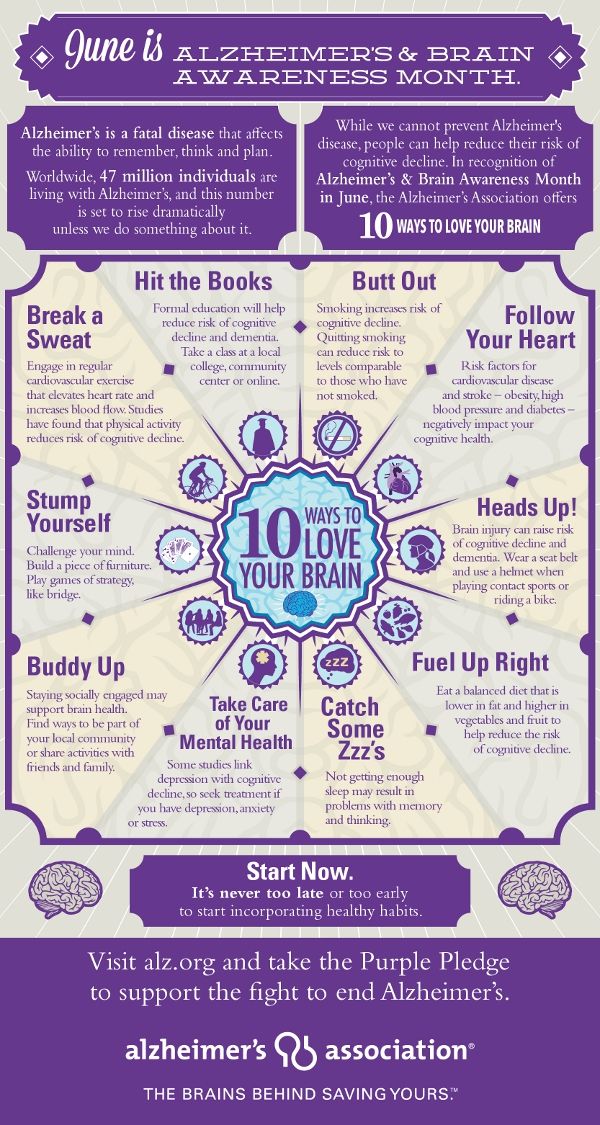
Positive and negative impact of computer games on the human psyche and health — NovaInfo 44
Penza State University
Penza State University
Published April 23, 2016
Section: Russian
Views per month: 57 97 97 97 97
CC BY-NC
Abstract
This article is devoted to the problem of the impact of computer games on the psyche and health of adolescents and children. This problem is considered from a positive and negative point of view.
Keywords
PSYCHE, DEPENDENCE, COMPUTER GAMES, HEALTH
Text of scientific work
Nowadays almost every family has a computer.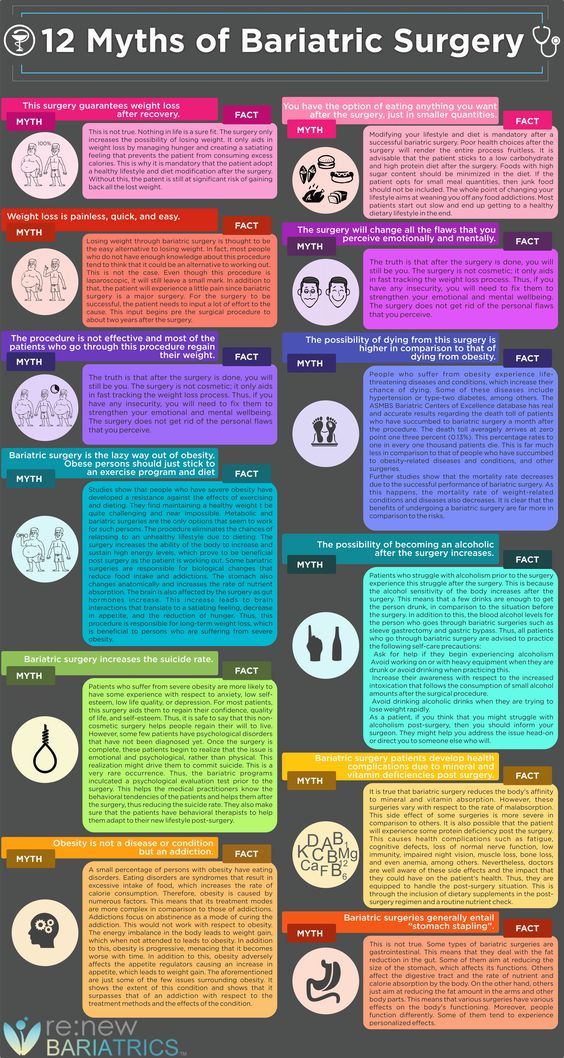 If earlier a computer was an unaffordable luxury, now it is rather a necessity. It is used to perform various operations, such as typing, searching for the necessary information, performing various work in graphic editors, etc. Children and teenagers tend to use the computer for entertainment, that is, to play computer games. A person interacts with a computer game, unlike a film, book or performance. He is not just a spectator or reader, but a participant in the action. This, no matter how you look at it, affects him, especially at the moment when the games have reached the point where competitions are held in which teams of players fight for big cash prizes, annual events are held with millions of spectators at which these same games are presented . Games are a separate large industry that has caught up with the industry of cinema, print and so on.
If earlier a computer was an unaffordable luxury, now it is rather a necessity. It is used to perform various operations, such as typing, searching for the necessary information, performing various work in graphic editors, etc. Children and teenagers tend to use the computer for entertainment, that is, to play computer games. A person interacts with a computer game, unlike a film, book or performance. He is not just a spectator or reader, but a participant in the action. This, no matter how you look at it, affects him, especially at the moment when the games have reached the point where competitions are held in which teams of players fight for big cash prizes, annual events are held with millions of spectators at which these same games are presented . Games are a separate large industry that has caught up with the industry of cinema, print and so on.
Analyzing this influence, many scientists consider it as a dual one: on the one hand, some games form addiction, promote withdrawal from social life, and can cause a feeling of loneliness.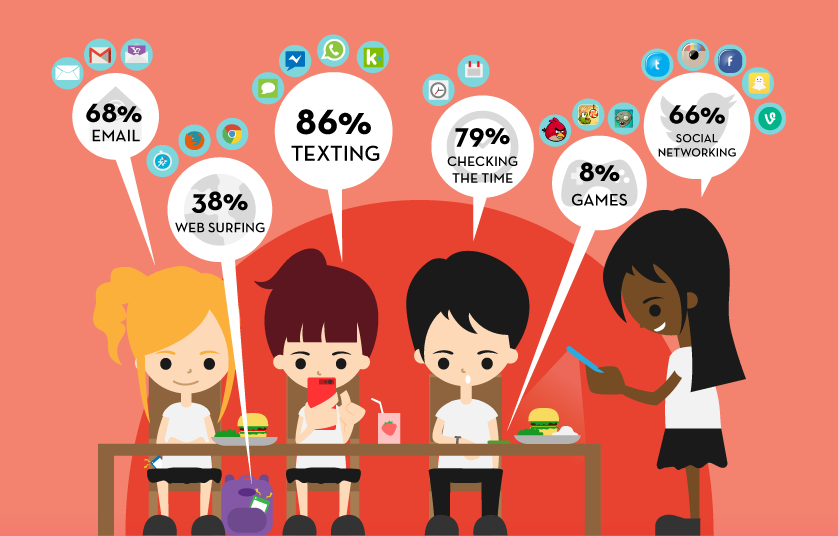 On the other hand, computer games develop coordination and concentration, ingenuity, logical thinking, and creative abilities to varying degrees [3].
On the other hand, computer games develop coordination and concentration, ingenuity, logical thinking, and creative abilities to varying degrees [3].
Consider the positive aspects of games. Not all computer games are the same, they vary by genre:
- Shooter, various simulations, arcades, quests, role-playing games, multiplayer games that require internet connection and strategy. The genres of arcade and simulation are simple and have little effect on the psyche. Any operating system from Microsoft has a standard set of games, such as Minesweeper, Solitaire, Solitaire. They develop logical thinking and patience.
- Quests develop attentiveness, as in games of this genre the player must look for solutions to complex or simple tasks.
- In strategies, the player is given, for example, a state that he must develop from scratch, trying to get the necessary funds and resources for this. This genre of the game helps a person to use his budget wisely, develops entrepreneurial skills.
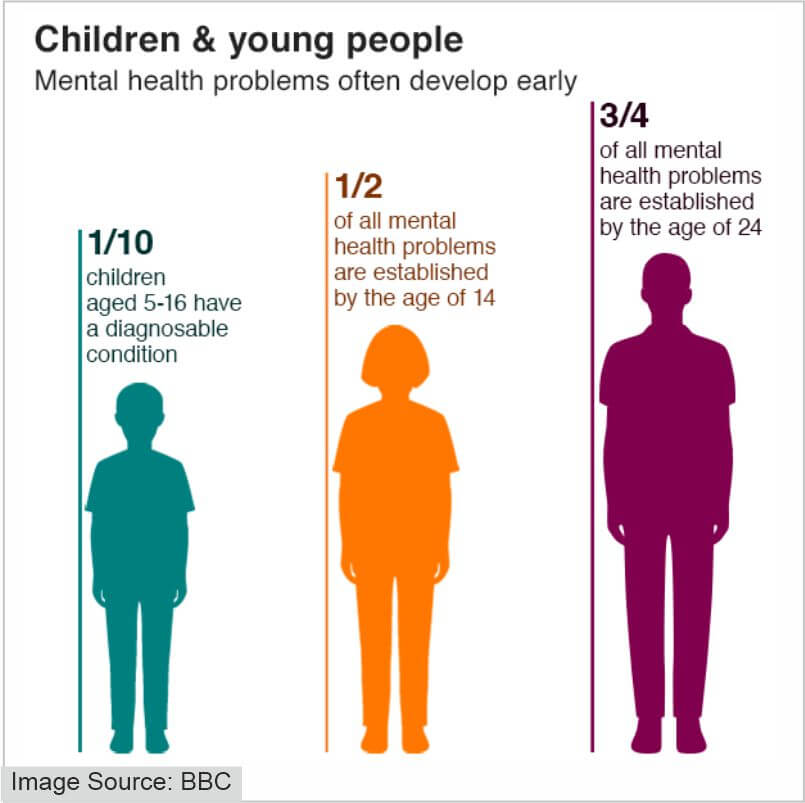
The above games are usually censored and are designed for children of preschool and school age. There are also complex team puzzle games where a group of people have to solve problems using all their abilities and synchronize actions.
Now let's move on to the negative side of computer games. Each game has its own age rating from 0+ to 18+, but, most often, parents either do not know about it or do not pay attention and their children play games that are not suitable for their age. These games contain scenes of violence, sexual scenes and obscene language. Usually these are shooter and role-playing games. Such games have a negative impact on the development of the personality and psyche of children and adolescents.
They affect the emotional and social life of the individual. Constant contact with the computer makes the child protect himself from the outside world and close and dear people. Children who do not pay much attention to computer games are more often involved in extracurricular activities and perform various tasks and assignments [3].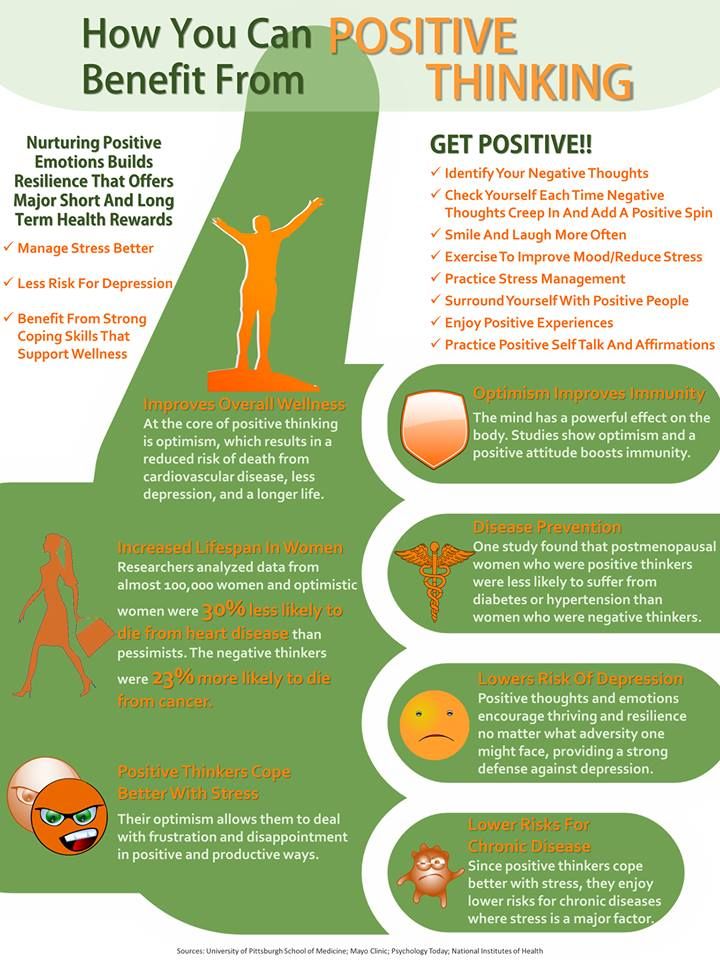
People who constantly play computer games are more likely to experience physical and mental disorders than those who do not. Those who have symptoms of computer addiction quickly overwork, often have pain in the legs and joints of the fingers. Visual impairment, increased agitation and insomnia are also noted. Minors suffering from computer addiction are often prone to aggression, deviant and delinquent behavior. Children aged 6-9 are especially susceptible to this.years.
Often, various print and media publications blame computer games for many teenage problems, such as aggression, violence, isolation, but even numerous sociological studies cannot accurately state that this is so.
Let's turn to statistics. According to information provided by the Public Opinion Foundation (FOM), in the Russian Federation, more than a third of adolescents aged 14-17 play computer games. Of these, 75.5% of adolescents aged 14 to 17 use the Internet, and their user experience is approximately 2 years.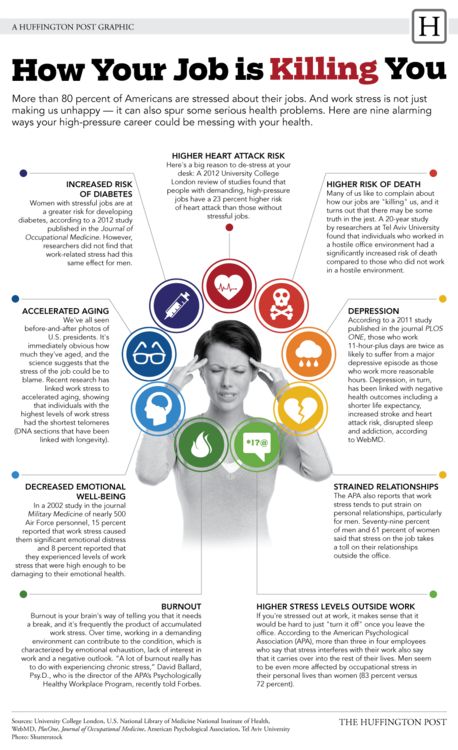 So, 41% or 3.2 million teenagers aged 14-17 use the Internet to be able to get addicted to games. Close to this percentage is the indicator of adolescents playing online games (and this is only one of the classes of games, although a popular one): 38% [1].
So, 41% or 3.2 million teenagers aged 14-17 use the Internet to be able to get addicted to games. Close to this percentage is the indicator of adolescents playing online games (and this is only one of the classes of games, although a popular one): 38% [1].
According to statistics among adolescents playing violent computer games, 50% of girls and 90% of boys have an aggressiveness level index above the norm (the norm of aggressiveness is its index value equal to 21 plus or minus 4). Among adolescents who do not play violent computer games, 30% of girls and 60% of boys have an aggressiveness level index above the norm. Moreover, in girls the tendency to indirect and verbal aggression is most pronounced (15 and 18%), and in boys - to verbal and physical aggression (20 and 17%, respectively). In the behavior of teenagers who are keen on computer games, there is aggression, irritability, outbursts of anger and other negative manifestations. Adolescents who do not play violent computer games have higher levels of guilt. Guilt - expresses the subject's possible conviction that he is a bad person, that evil is being done, as well as remorse he feels. For girls, this figure is higher by 1%, and for boys - by 3% [2].
Guilt - expresses the subject's possible conviction that he is a bad person, that evil is being done, as well as remorse he feels. For girls, this figure is higher by 1%, and for boys - by 3% [2].
Based on the above, we can conclude that parents of children and adolescents should pay more attention to the child, be interested in his life, help to cope with personal problems, and also control what games their child plays, set a limit on the time spent for computer and make this pastime, in its own way, a kind of bonus for good behavior, grades and help around the house.
See also
References
- Burkova VN Violent computer games and problems of aggressive behavior in children and adolescents / VN Burkova, ML Butovskaya // Questions of Psychology, 2012. No. 1. — 186p.
- Voiskunsky AE Does aggressiveness develop in children and adolescents who are fond of computer games? / A. E. Voiskunsky // Questions of Psychology, 2010.
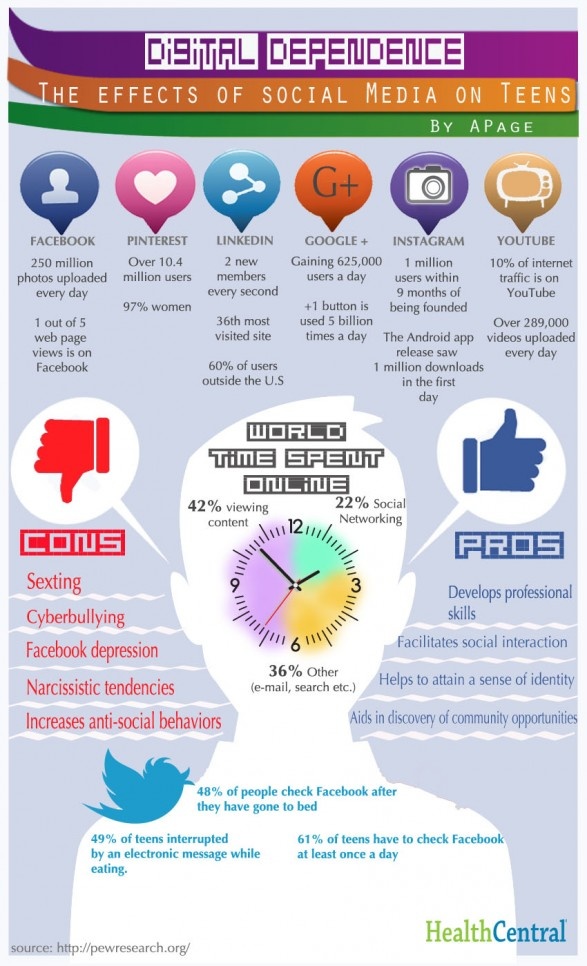 No. 6–179s.
No. 6–179s. - Zimina KI The positive impact of computer games on the development of adolescents [Text] / KI Zimina // Modern psychology: materials of the II Intern. scientific conf. (Perm, July 2014). - Perm: Mercury, 2014. - S. 43-45.
Quote
Kolganova, V.M. Positive and negative impact of computer games on the human psyche and health / V.M. Kolganova, S.V. Plotnikov. - Text: electronic // NovaInfo, 2016. - No. 44. - P. 341-344. — URL: https://novainfo.ru/article/5466 (date of access: 02/23/2023).
Share
The impact of computer games on the physical and mental health of adolescents — Vesti Respubliki
It's no secret that all children love games. However, with the advent of information technology, computers have replaced simple entertainment in the yard. Children are increasingly immersed in the virtual world, where they spend hours of their free time.
Computer games are a way to escape reality.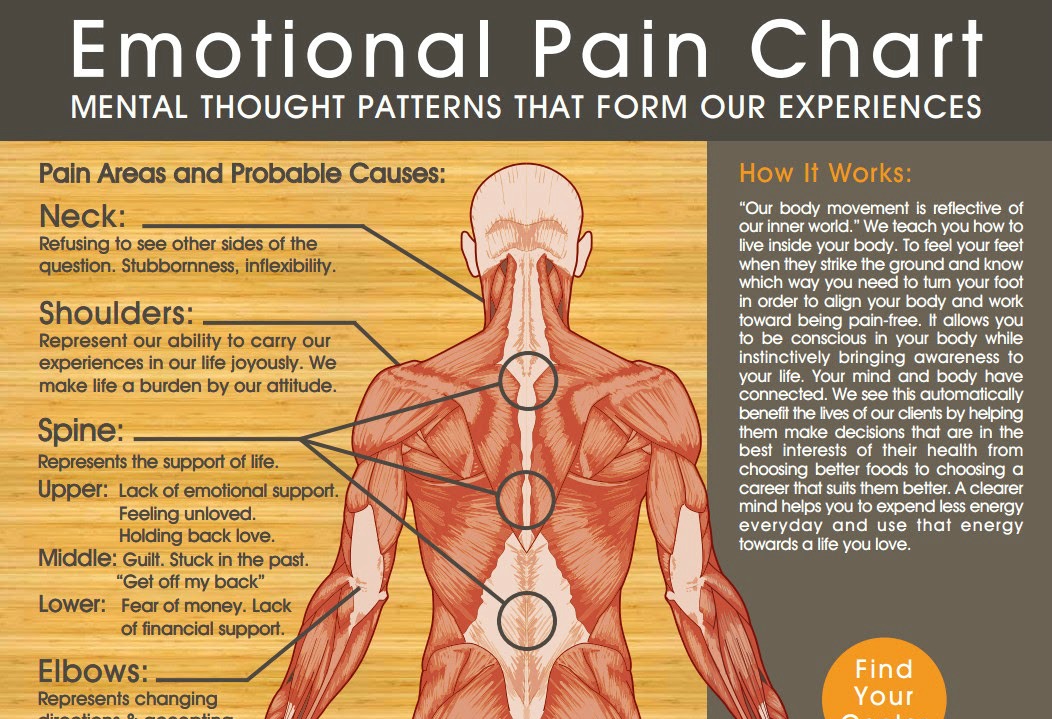 Many children experience problems with school, parents or friends. The virtual world is a great opportunity to escape from injustice, gray everyday life. Yes, it's simply more interesting to play than to do homework.
Many children experience problems with school, parents or friends. The virtual world is a great opportunity to escape from injustice, gray everyday life. Yes, it's simply more interesting to play than to do homework.
Consider the main reasons for the popularity of computer games among children.
- Sociality. Video games are designed in such a way that players must communicate with each other. They form whole teams to achieve a common goal. Now many computer games resemble social networks and instant messengers, so players can socialize and communicate.
- Complexity. Computer games are complex, therefore, they contribute to the development of purposefulness in a child, motivate him to continue playing again and again, and also give him the meaning of life.
- Continuous development. Developers stimulate their players with constant character development. Over time, it becomes stronger, the child begins to feel more confident.
- Rewards and motivation.
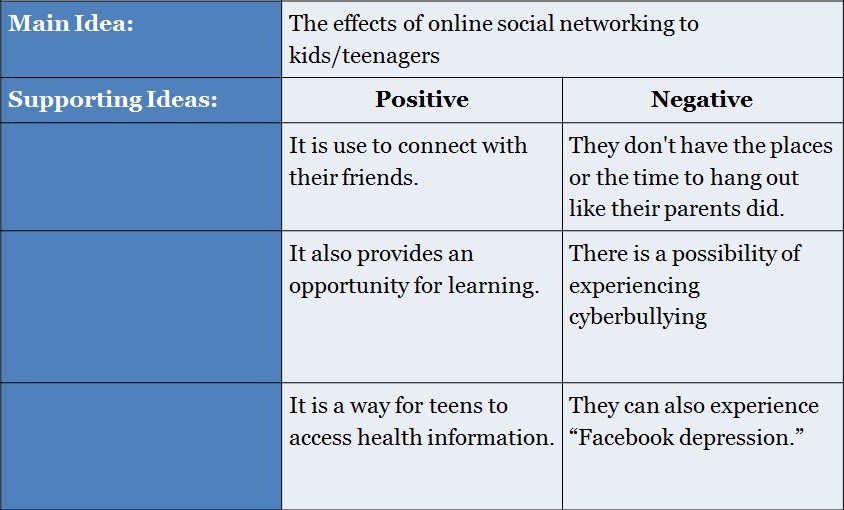 In life, we do not develop as progressively as in the game. In the virtual world, the child receives a reward for his efforts: and the further, the greater the reward.
In life, we do not develop as progressively as in the game. In the virtual world, the child receives a reward for his efforts: and the further, the greater the reward.
Despite the positive aspects, the negative impact of computer games on children cannot be denied. Their abuse can harm the physical and mental health of the child. Games can lead to:
- Aggressiveness and bitterness. Computer games are a kind of causative agent of an aggressive state. The child may act angry, imitating the character in the virtual world. Children who are prone to aggression may choose games where scenes of violence and cruelty predominate. Anger can cause you to lose the game.
- Game addiction. The child associates himself with the character of the game and gradually goes into the virtual world. His whole life completely turns into a game: he falls in love, communicates, makes friends and even builds a family. Psychologists identify the following signs of gambling addiction: loss of track of time, change in consciousness, antisocial orientation.
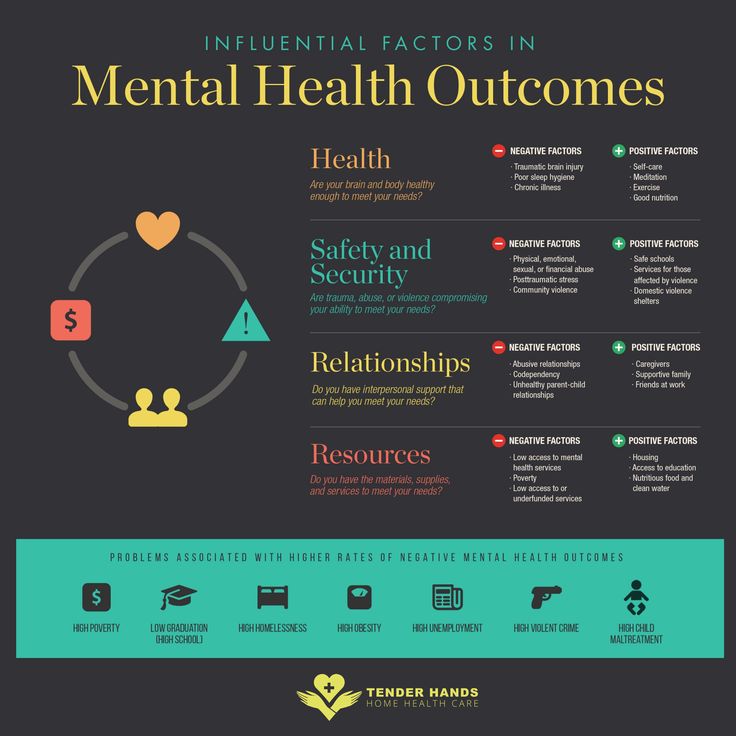
- Back problems. With the abuse of computer games, the muscles of the neck and upper back suffer.
- Decreased visual acuity. Long stay at the computer has a negative impact on the organs of vision. There is a burning sensation in the eye area, dryness. It is necessary to do special exercises for the organs of vision.
When equipping a workplace for a child, it is necessary to purchase an appropriate seat for the child's age. Too "adult" furniture can lead to strain on the spine and organs of vision. The monitor should be 60 cm from the child's eyes. The screen must be installed so that the light from light sources or the sun does not create glare.
Correct posture at the computer:
- feet are on a special stand or on the floor parallel to each other;
- thighs are parallel to the floor line;
- back - perpendicular to the floor line;
- arms bent at the elbows at an angle of 90 degrees;
- wrists will be bent at an angle of 20 degrees;
- head slightly down.
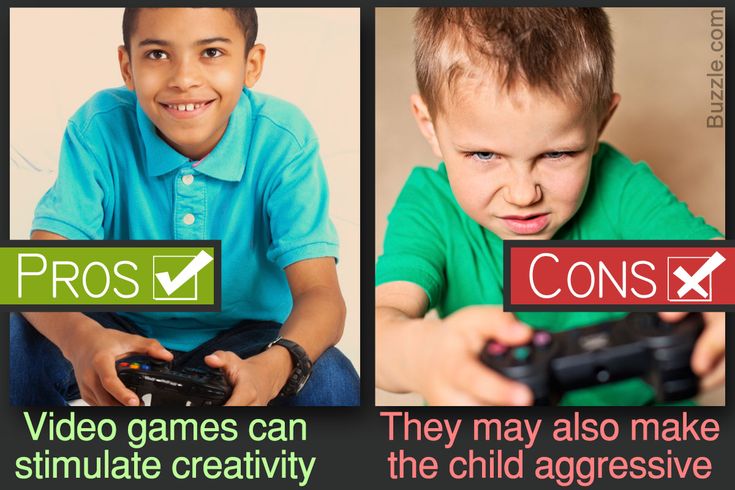
Learn more
